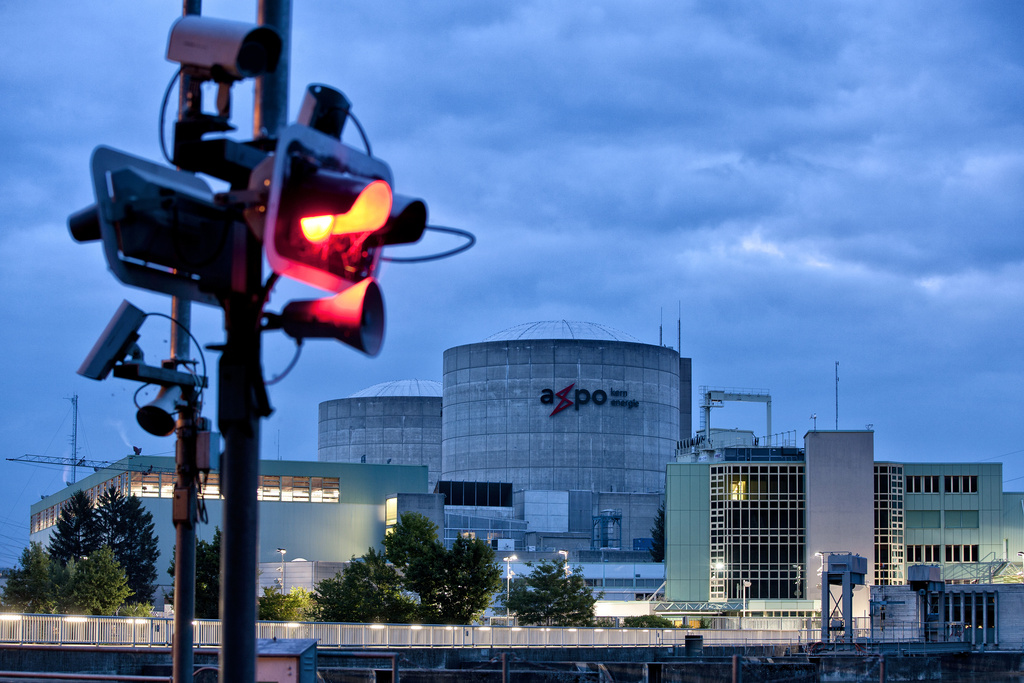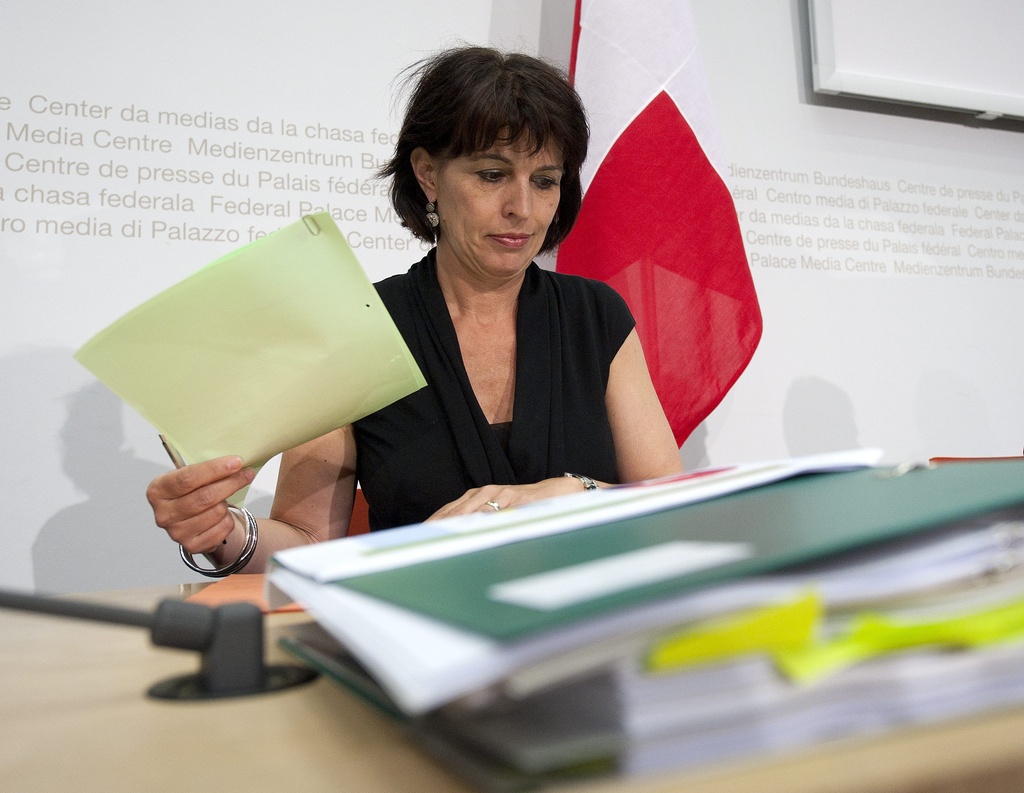
No more nuclear power for Switzerland
Following parliament's decision to accept a government proposal to dump nuclear power, Switzerland will build no more atomic power plants and will phase out its five operating facilities. But can energy needs still be covered? Can Switzerland make the transition, or is nuclear power a necessity? Tell us what you think.
Switzerland will gradually phase out nuclear power following Senate approval of the government proposal put forward in May. The House of Representatives had already given the go-ahead in June.
In a text voted on Wednesday, the Senate demands that no future technologies be ruled out, and that renewable energies and energy efficiency play a greater role in the power equation.
The government plan is to phase out Switzerland’s five operating facilities by 2034. Beznau I will shut down in 2019, Beznau II and Mühleberg in 2022, Gösgen in 2029 and Leibstadt in 2034.
Even if Switzerland’s energy policy were not to change direction, electricity consumption would continue to grow steadily until 2050 despite energy efficient appliances and measures, notes the Federal Energy Office.
This soaring consumption comes from demographic growth, ownership of more appliances and vehicles, and the introduction of new appliances. The need for electric power would likely increase from 59.8 billion kWh in 2010 to more than 90 billion kWh in 2050.
A new energy policy proposed by the government on May 25 proposes to reverse this trend, focusing on energy efficiency and the promotion of renewable energies. With this new strategy, demand is expected to increase slightly for a few more years, but then decline to 54.4 billion kWh by 2050.

More
Senate endorses nuclear phase out

More
Door “still open” for new Swiss nuclear reactors

More
Swiss nuclear future could hinge on thorium

More
Swiss to phase out nuclear power by 2034

In compliance with the JTI standards
More: SWI swissinfo.ch certified by the Journalism Trust Initiative
















![The four-metre-long painting "Sonntag der Bergbauern" [Sunday of the Mountain Farmers, 1923-24/26] had to be removed by a crane from the German Chancellery in Berlin for the exhibition in Bern.](https://www.swissinfo.ch/content/wp-content/uploads/sites/13/2025/12/01_Pressebild_KirchnerxKirchner.jpg?ver=bb19e376)














You can find an overview of ongoing debates with our journalists here . Please join us!
If you want to start a conversation about a topic raised in this article or want to report factual errors, email us at english@swissinfo.ch.